If you decide to opt-out of utilizing an event planner to plan your next corporate seminar and need a source of reference to begin planning, look no further.
This guide is to help you and your team organize a successful corporate seminar that you will all be proud of!
- Time Frame
- Set a Goal
- Be Organized
- Set a Budget
- Date
- Plan Accordingly
- Equipment and Venue
- Registration
- Tools/Supplies
- Breakaway Sessions and Networking
- Promotion
Time Frame
Four to six months is the typical time frame used by most event planners when putting together a corporate seminar. It’s imperative that you set aside enough room for brainstorming and planning with your team, while also delegating task based on skill sets during this four-six month period in order ensure each component of our plan goes off without any hiccups! If it sounds like something you’re looking into doing soon (or already have!), then keep reading about how we can help make sure things run smoothly from start till finish…
Set a Goal
Your seminar should have a goal or purpose. This will push you to keep your team focused on the goals of the seminar. The goals should also reflect the goals of the company itself. For example, if your company wants to increase sales, then one goal for your seminar might be increasing revenue/sales through customer education.
Be Organized
Being organized will allow you to remind yourself and others why everyone is participating in the seminar, what has been done before (i.e., how far along are we?), and where you plan on going (i.e., what’s left?). Being organized can take many different forms depending on need; it could mean having an online calendar that lets people schedule meetings ahead of time, it could mean writing down what has been done and assigning roles to different people so that you don’t forget to complete any tasks, or it could simply mean writing down a list of things you must do in order to succeed in the seminar.
Set a Budget
When planning for a corporate event, managers typically create budgets and timelines. These two aspects might be difficult since they require an understanding of costs and time commitment needed from employees. A budget is used to develop a cost estimate for the entire project; it requires managers to carefully examine all expenses such as travel, lodging, equipment rentals, food service, venue rental fees (if applicable), speaker fees (if applicable), marketing materials (handouts/flyers printed or banners made), giveaways (if applicable), etc. Once total estimated costs are determined, they must be compared to the organization’s budget; if costs escalate above what has been allocated, managers must either reduce expenses or ask for more money.
Date
Consider setting a date four to six months out from your planning time as mentioned earlier. This will give your guests and speakers ample time to make any necessary arrangements so that they are able to attend your seminar. When choosing a date, be sure to not pick a date that falls on or around any major holidays, as many people may be traveling. If you’re planning an event exclusively for your corporation, a weekday may be the better option to maximize attendance.
Plan Accordingly
A timeline looks at total time needed to complete a phase or an event. This includes researching topics (i.e., reading relevant articles on websites), creating marketing materials (if applicable), scheduling speakers (if applicable), etc.
Once you have completed your research and chosen a date/venue/schedule, it is important that you put these plans in writing so that everyone knows what is expected of them. An example of this could be “we will leave the office by 4:00 PM on March 14th to head to our seminar location”; another reason why you should write these things down is because it helps you keep track of what has been completed and what needs to be finished.
Equipment and Venue
Setting up a space that will allow attendees to comfortably listen, ask questions, take notes, etc., is essential. For example, if your seminar is for engineers who are learning about the newest analytics software, you might want to provide them with white boards so they can write equations or problems; You should also make sure you have all of your equipment- speakers/laptops/whiteboards/chairs- ready ahead of time so that there are no issues while the seminar is in session. Having multiple sources through which attendees can hear/see your content (i.e., having speakers for different) provides attendees with more variety and a way to take a break from looking at/listening to one thing for an extended amount of time.
Registration
If you chose to plan this event without the use of an event planner, it may be a great idea to register your event with an online ticketing platform. By registering your event online, you can manage your ticket sales, attendee RSVPs, and access all event details and announcements. You want to make this process as simple as possible for your guests so that your event begins on time and they aren’t waiting to register or sign in once they arrive. Create an email contact list once you receive your RSVP’s and enter all emails into an email marketing tool, such as Constant Contact, which will allow you to keep in touch with your attendees after the event for any new market updates or upcoming events.
Tools/Supplies
If the venue does not provide you with a projector or screen, be sure to test your own on-site to ensure that there are no technical glitches. Print off handouts well in advance to avoid any misprints or printing failures, such as running out of paper or ink the day of. It is also a good idea to create evaluations for the attendees to fill out at the end of the event. Make these simple, but be sure to include questions that are important for you to measure out your events successes and failures. Agendas are also good to provide your attendees and speakers with so they can keep track and make notes where needed. Be sure to include time for a break on the schedule as well to give your guests a break from the action. Lastly, have an event checklist handy with you always during the event so that you can check off things as you go.
Networking and Breakaway Session
Once your presentation is finished, you should schedule additional activities that will allow attendees to get more out of the seminar. One example of this would be post-seminar networking events where employees can meet business contacts or people working in similar fields; Another example might be inviting guest speakers who have relevant work experience and success stories they’d like to share with your company; Having a speaker come in and discuss what they have done and how it worked well for them can also provide ideas on how other companies can better succeed. Having a speaker who has a lot of knowledge about a specific subject that isn’t directly related to your company but can bring new perspectives and insights can also be very beneficial.
A corporate seminar is a great way for companies to share knowledge and help employees grow and develop their skills; managers should use this guide as a way to organize an event that will allow them to communicate information which they think is important, will provide employees with opportunities for learning, and that employees will enjoy attending!
Promotion
Social media is one of the most efficient ways of communicating, so creating a Facebook event should be one of your top priorities for promotion. It’s also a good idea to share any photos or videos of previous seminars held to hype up your event. Don’t have any footage or photos from past events? Be sure to delegate this as a task to someone on your team, or hire an outside source for event coverage. It’s also a good idea to email all your prospects with a few testimonials from your previous seminars. Set up a template that discusses what your seminar is about along with all your past success. Also, make sure to double check that the landing page of your website is updated and works properly! If you are reaching out to new prospects, they will visit your website looking for up to date content.
The Empire team hopes that the task of planning a corporate seminar is less daunting after reading these tips and tricks!
We do provide corporate event and seminar planning, so if planning everything yourself is too daunting, do not hesitate to give us a call! 281•486•8882







